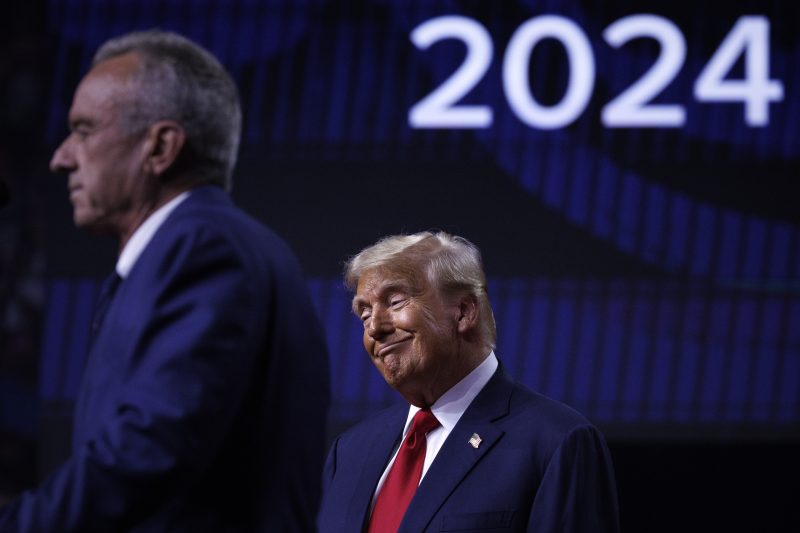In the midst of political campaigns and elections, the line between fact and fiction can often become blurred. This phenomenon is particularly pronounced in the age of rapid news dissemination and social media influence, where misinformation can quickly spread and impact public perception. The impact of misinformation on the electoral process is a critical issue that requires careful consideration.
One of the primary challenges in discerning fact from fiction during election season is the prevalence of false information being circulated on various platforms. Whether it be fabricated news stories, misleading advertisements, or deceptive social media posts, the spread of misinformation can have far-reaching consequences. In many cases, false information is intentionally created and disseminated to sway public opinion, manipulate voter behavior, or undermine the electoral process. As a result, voters may be misled or misinformed, leading to potentially skewed election outcomes.
The rise of deepfake technology has further exacerbated the issue of misinformation in elections. Deepfakes are highly realistic, computer-generated videos or audio recordings that portray individuals saying or doing things they never actually did. These deceptive videos can be weaponized to spread false narratives, damage a candidate’s reputation, or sow discord among voters. As deepfake technology becomes more sophisticated and accessible, the threat of manipulated media impacting electoral outcomes continues to grow.
Another challenge in separating fact from fiction in elections is the widespread dissemination of misleading statistics and data. Political campaigns often use statistics and data to support their arguments and policies. However, these figures can be cherry-picked, manipulated, or taken out of context to present a biased or false narrative. Voters must critically evaluate the sources and validity of the information presented to them to make informed decisions at the ballot box.
To combat the spread of misinformation in elections, there is a growing need for media literacy education and critical thinking skills development among voters. By equipping individuals with the tools to critically evaluate information, identify misinformation, and verify sources, voters can better navigate the complex landscape of election-related news and content. Additionally, fact-checking organizations play a crucial role in holding public figures and media outlets accountable for spreading false information and promoting transparency in electoral discourse.
In conclusion, the challenge of distinguishing fact from fiction in elections is a multifaceted issue that requires vigilance, critical thinking, and media literacy. As technology continues to evolve and misinformation tactics become more sophisticated, it is essential for voters to remain informed, discerning, and engaged in the electoral process. By fostering a culture of transparency, accountability, and accuracy in political discourse, we can safeguard the integrity of elections and uphold the democratic principles on which our society is built.




























